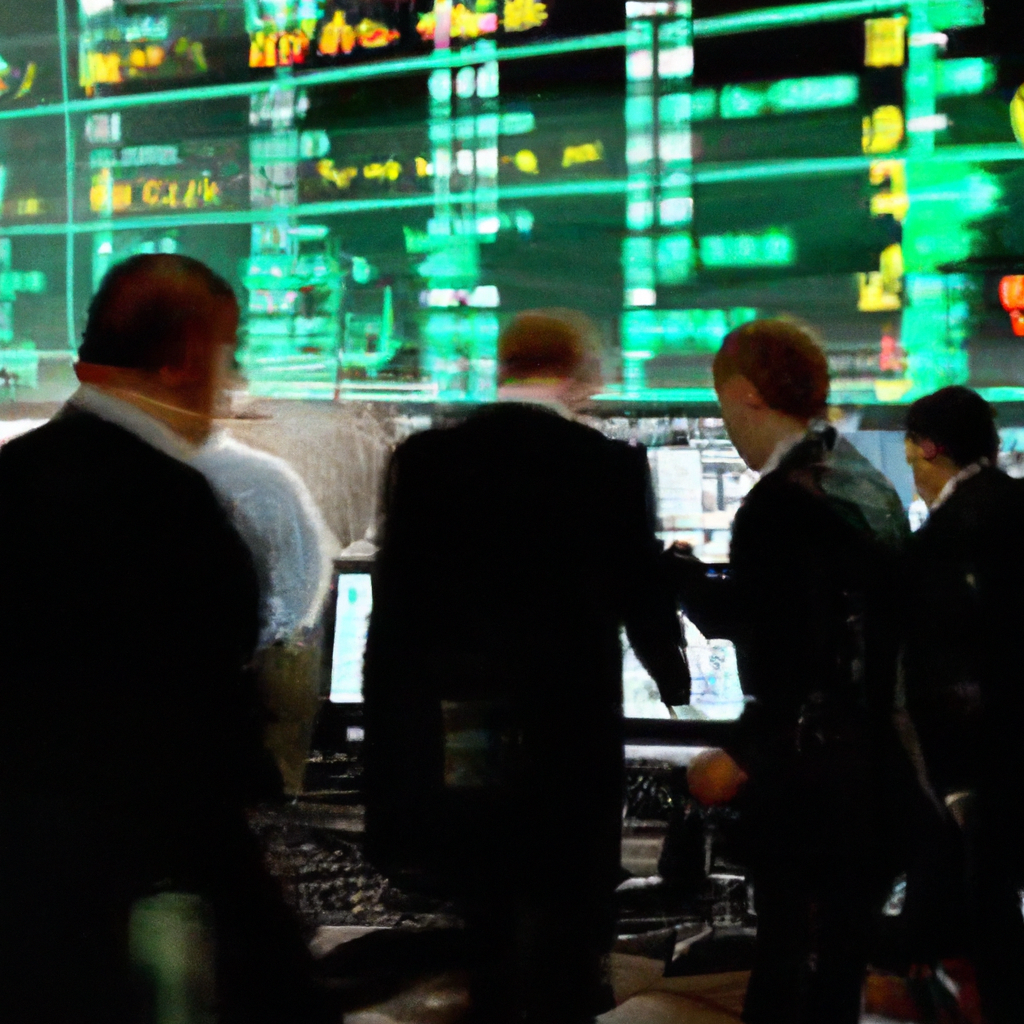The geopolitical tensions between Iran and Israel have once again escalated, culminating in a significant missile attack by Iran that has implications extending far beyond the immediate region. This incident, marked by the launch of around 180-200 ballistic missiles directed at Israel, serves as a retaliation for the recent killing of Hezbollah leader Hassan Nasrallah and various other actions attributed to Israel. Such developments paint a complex picture of escalating hostility, with ripple effects felt across global markets.
Immediate Impact on Israel
In response to the missile onslaught, the Israeli Defense Forces (IDF) reported that a majority of the missiles were intercepted effectively. However, some missiles managed to land in central and southern parts of Israel, mirroring the increased vulnerability of the region amidst rising tensions. Thankfully, there have been no reported casualties from the missile strikes, yet this conflict heightens the sense of insecurity among citizens, potentially influencing multiple sectors, including tourism and foreign investment.
Market Reactions Following the Attack
The immediate reaction to the missile attack on financial markets was marked by substantial fluctuations. Investors demonstrated heightened risk aversion, leading to declines in risk assets while simultaneously propelling safe-haven commodities such as gold. The price of gold remained near its previous record high around $2,686, illustrating an increased demand for protective investment assets in times of uncertainty. This scenario reveals just how sensitive global markets are to geopolitical conflicts, particularly those involving major oil-producing nations.
In parallel with the increase in precious metal prices, oil markets reacted severely to the news, as Brent Crude prices surged dramatically. Reports indicated an increase of up to 5%, ultimately settling at a 2.5% gain. Investors are acutely aware of the potential risks to the global oil supply chain, particularly due to Iran’s pivotal role as a significant player in oil production. Concerns are rising over the possibility that, should the conflict escalate further, disruptions could lead to challenges in oil supply and ultimately higher prices for consumers worldwide.
The immediate impacts of the conflict were also evident in various stock markets. Energy and defense stocks experienced notable gains, with companies such as Exxon Mobil, Chevron, Lockheed Martin, and RTX benefitting from the increased demand for their products and services stemming from heightened global tensions. Meanwhile, traditional stock markets saw declines, with the Nasdaq falling over 1%, reflecting investor sentiment fraught with caution as they navigate the evolving geopolitical landscape.
The broader implications of this conflict encompass not just regional stability but global economic equilibrium. Central banks worldwide may face complicated policy decisions if oil prices continue to elevate due to tensions, influencing inflation rates and monetary policy adjustments. Additionally, the U.S. remains a staunch ally of Israel, as emphasized by National Security Adviser Jake Sullivan, who warned Iran of severe repercussions should their provocations continue. The involvement of major powers adds additional layers of complexity and suggests a precarious equilibrium that could easily tip into broader conflict with widespread ramifications.














